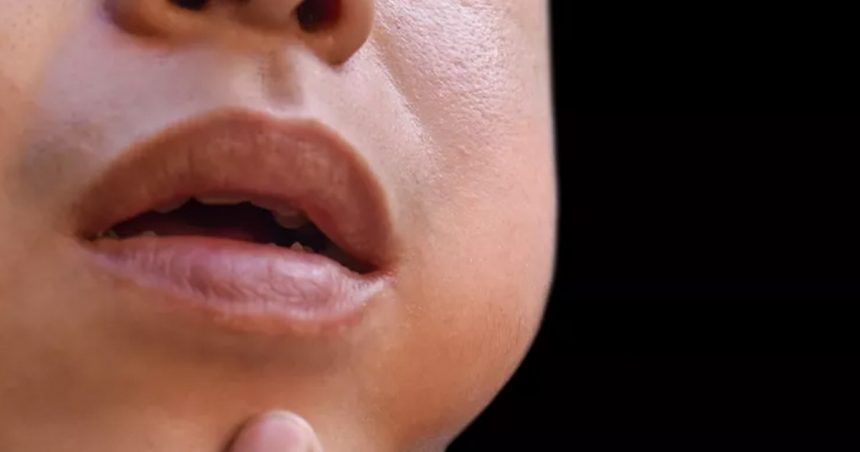Parotitis, an inflammation of the parotid glands, can leave a bad taste in your mouth and indicate underlying oral conditions. These glands produce a significant portion of saliva, essential for oral health and digestion. Understanding the causes, types, symptoms, and treatments of parotitis is crucial. Types include acute bacterial, chronic bacterial, acute viral, and chronic parotitis, each with unique causes and characteristics. Symptoms may include swollen glands, sore throat, cloudy saliva, and lumps. Diagnosis involves physical exams, imaging tests, and laboratory tests. Treatment options range from hydration and warm compresses for mild cases to antibiotics and pain relief for severe infections. Prevention strategies include good oral hygiene, hydration, and avoiding smoking. Complications of untreated parotitis can be serious, emphasizing the importance of seeking medical attention promptly. Maintaining oral health and addressing risk factors can help prevent this condition.






